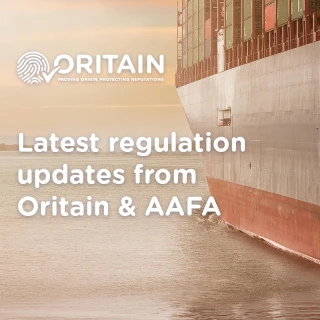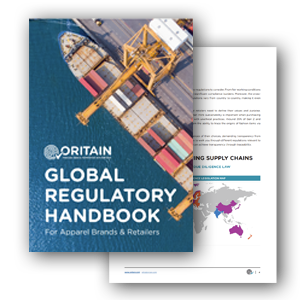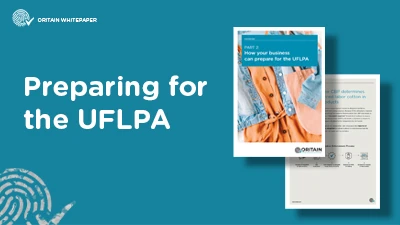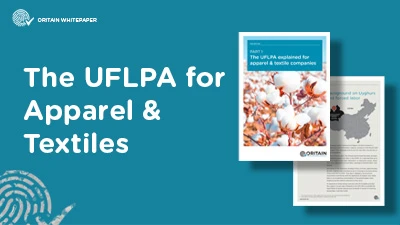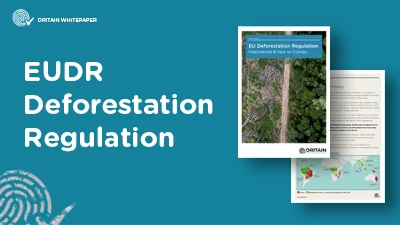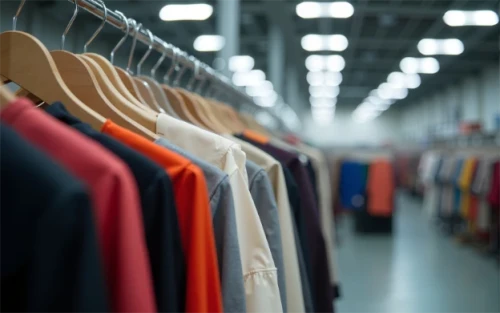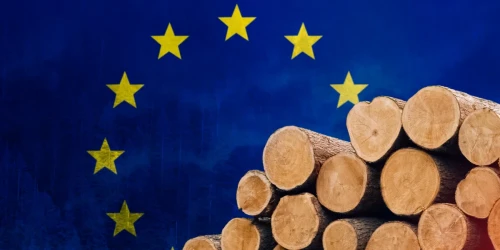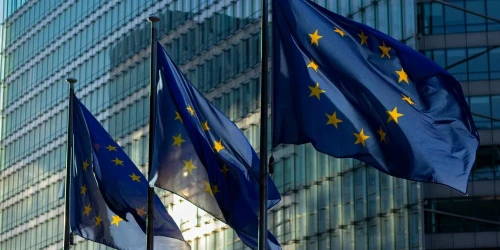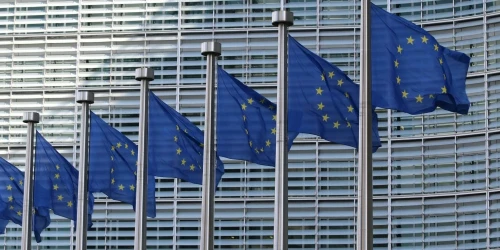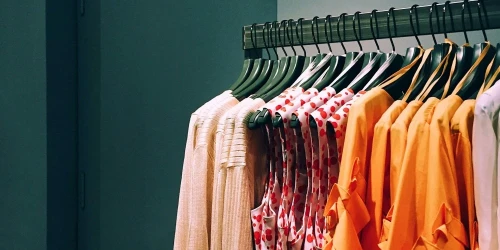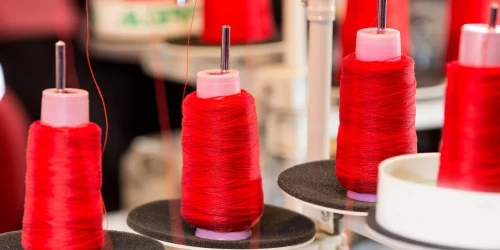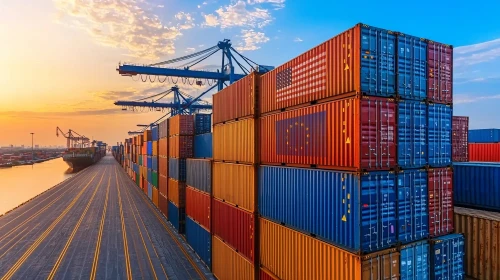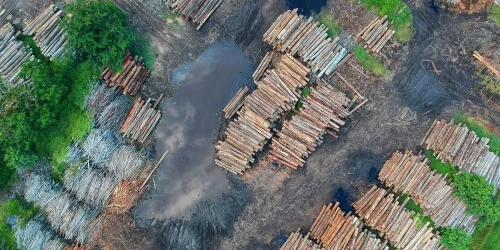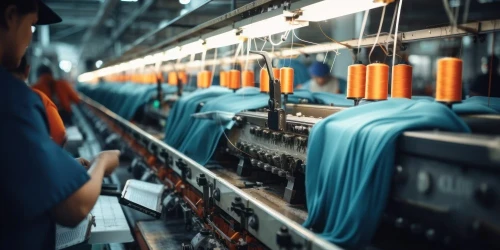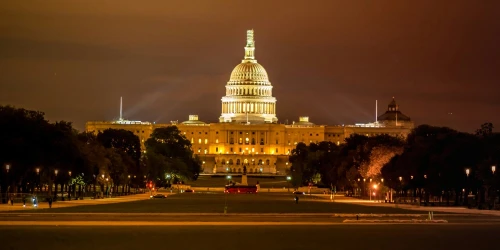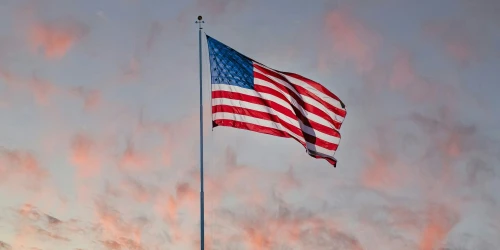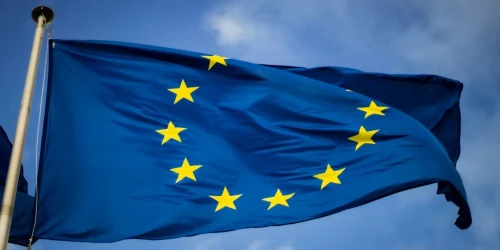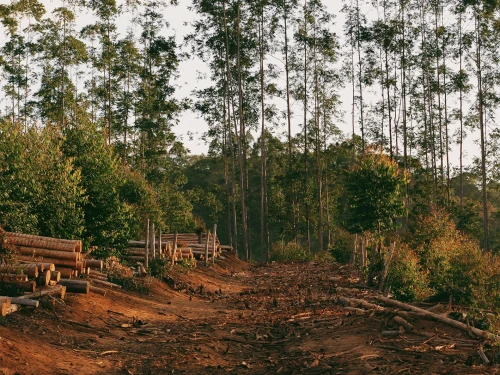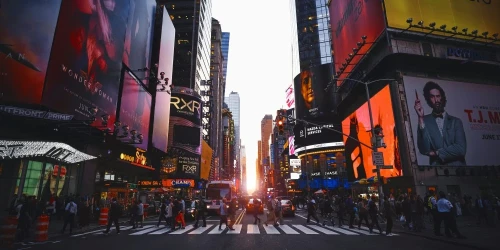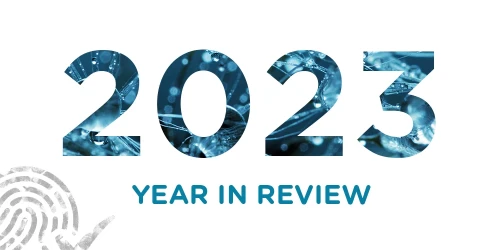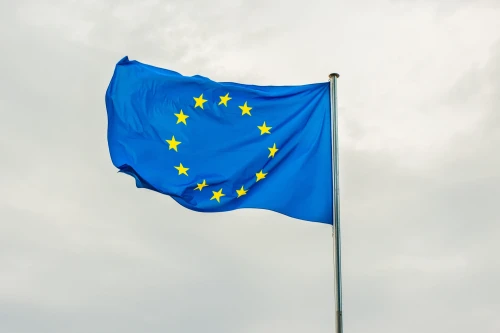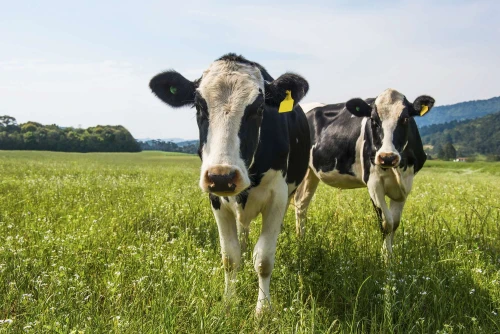Rising regulation creates compliance challenge for fashion
Fashion and apparel companies around the world are facing a wave of regulations covering issues of forced labor, deforestation, sustainability and ESG. Businesses which fail to meet regulatory requirements will find themselves locked out of key markets.
2025 is bringing stricter enforcement. Are you prepared?
35
Fashion Industry Regulations
1,800+
shipments seized under the UFLPA
US $87
million of goods detained
71%
of detainments not released
70+
businesses on CBP banned entity list
The growing risk of regulatory noncompliance
Greater regulation and tighter enforcement are impacting global markets. Governments are stepping up efforts to address issues of forced labor, deforestation, and sustainability and ESG. Fashion and apparel businesses are under pressure to comply - or face stiff penalties.
Goods produced using materials from areas linked to forced labor risk being detained, banned and destroyed.
Products that are not deforestation-free will soon be prohibited from key global markets.
The ESG impacts of businesses are increasingly being regulated to minimise environmental and social harm.
Key trends driving regulation

Forced labor
28 million people are living in forced labor - nearly two-thirds connected to global supply chains.
Countries worldwide have adopted regulation to combat this, including the UFLPA in the US, the EU Forced Labour Ban, and modern slavery acts in the UK, Canada, Mexico and Australia.
Businesses must prove their products are compliant, including the origin of source materials.
![]()
Deforestation
10 million hectares of forest are deforested globally every year, causing significant environmental damage.
Regulators aim to curtail this through legislation including the EU Deforestation Regulation, the US Forest Act and the UK Environment Act.
Fashion businesses need to ensure no raw materials or packaging are sourced from deforested areas or risk being locked out of key markets.

Sustainability & ESG
Fashion is the third largest polluting industry, contributing 10% of global greenhouse gas emissions.
Fashion businesses must identify, report on and resolve any issues adversely affecting sustainability and ESG - including actions taken by their suppliers and partners.
Regulations such as the EU Corporate Sustainability Due Diligence Directive and the New York Fashion Act place the onus on companies to comply, or risk serious financial and reputational penalties.
The true impacts of rising regulation
Transparency around where goods come from and how they're produced has become essential, across the world and throughout the supply chain.
DHS are seeking to eradicate forced labor violations from US supply chains through the Forced Labor Enforcement Task Force and Textile Enforcement Plan.
Raw materials must be traced back to original plots of land to comply with new deforestation laws such as the EUDR.

Origin verification proves compliance
Proving the origin of your products and raw materials is essential to comply with regulations. Relying on documentation or supplier assurances won’t protect you from penalties. Only evidence will.
If regulations are locking you out of the US, origin verification is the key.
Oritain verifies product origin using market-leading forensic science and data. Rigorous testing and accurate results provide top fashion brands with confidence that their products comply and their shipments are safe.
Not verifying means exposing your brand to serious risks. Protect your brand with product origin verification from Oritain.

